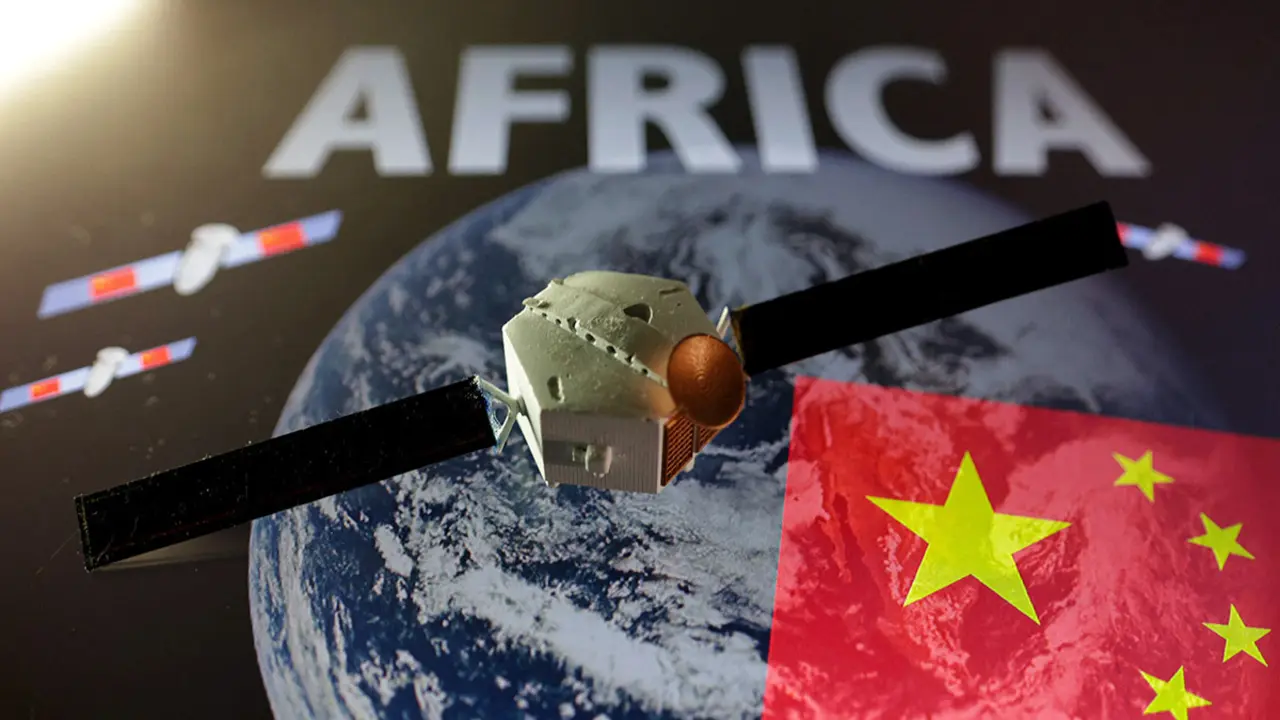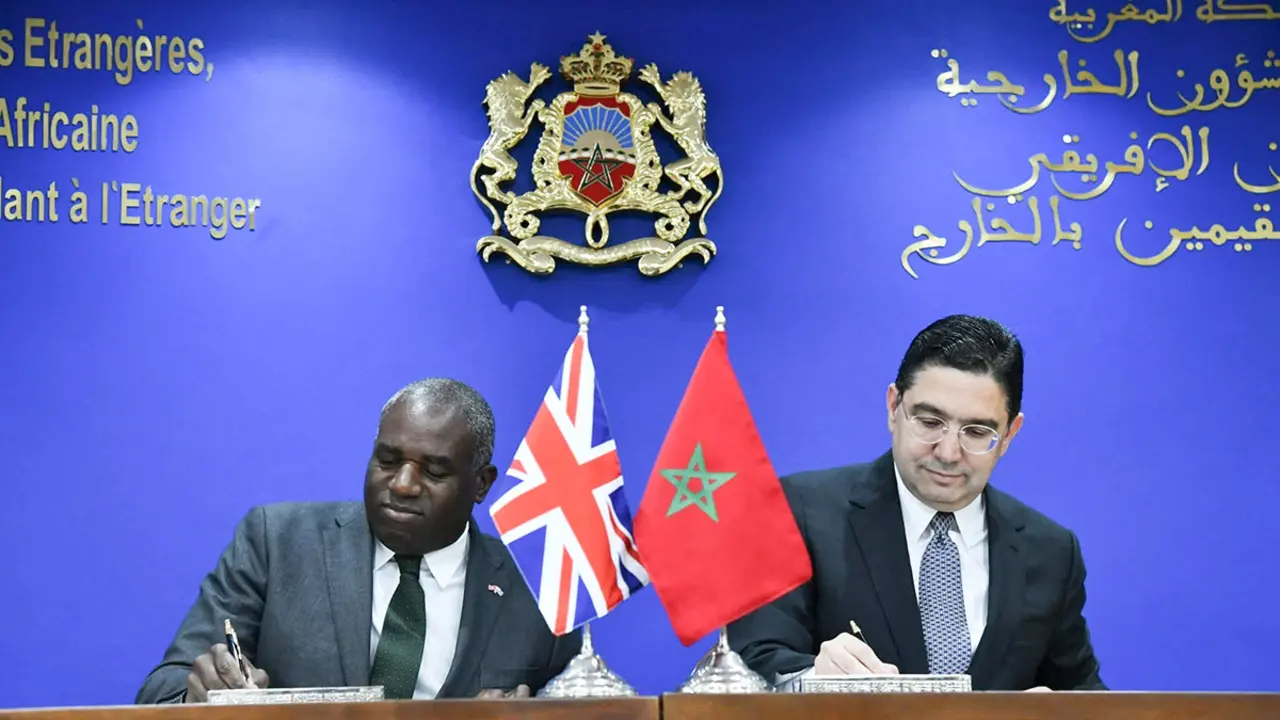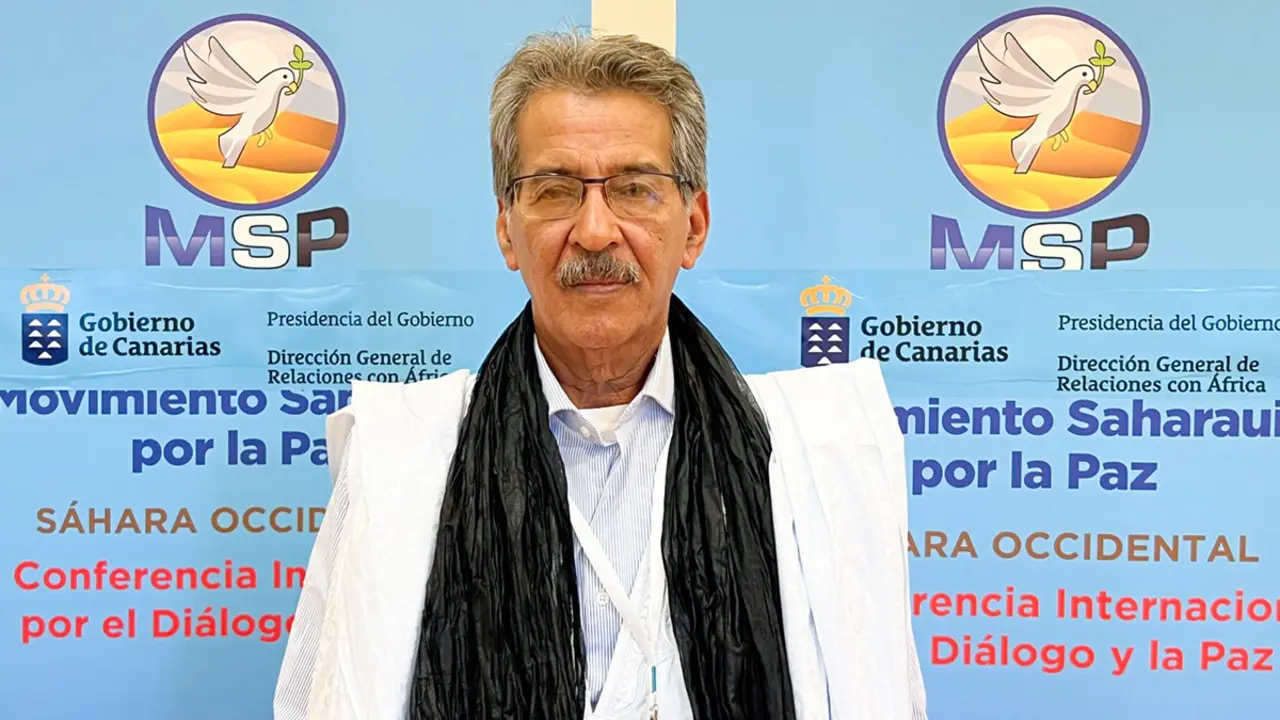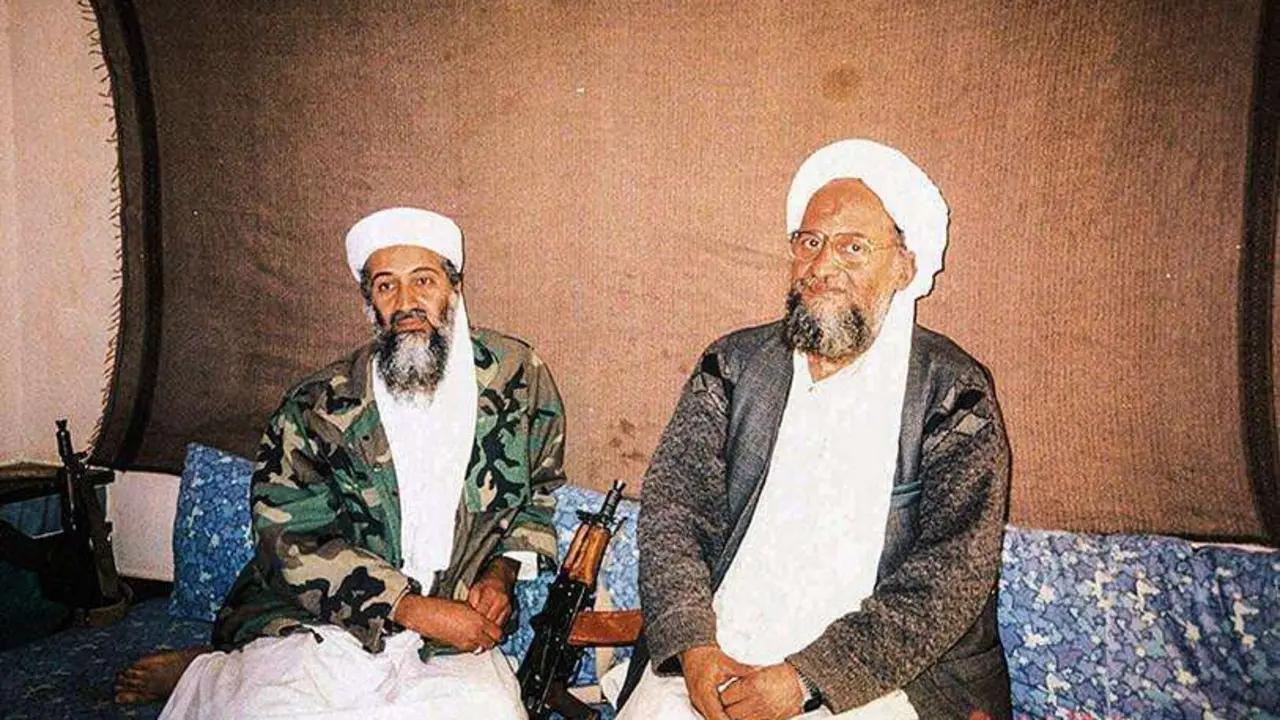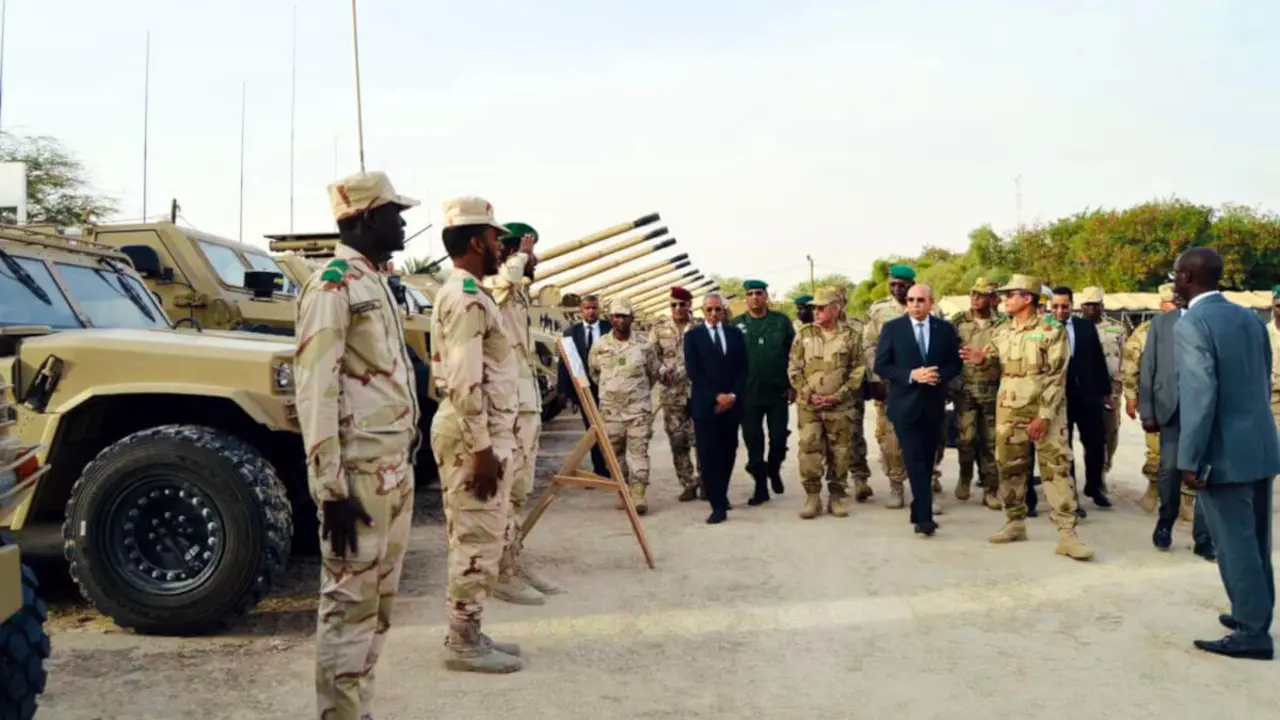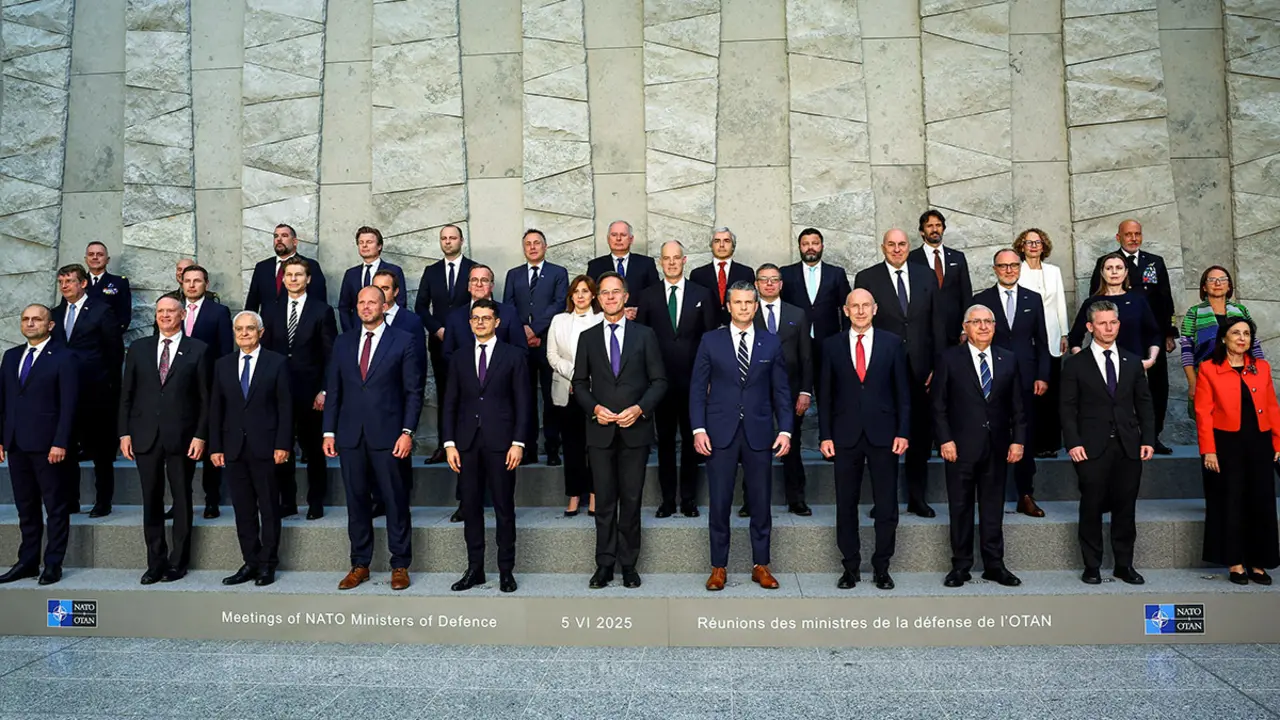Tarhuna, base of the mercenaries in Libya
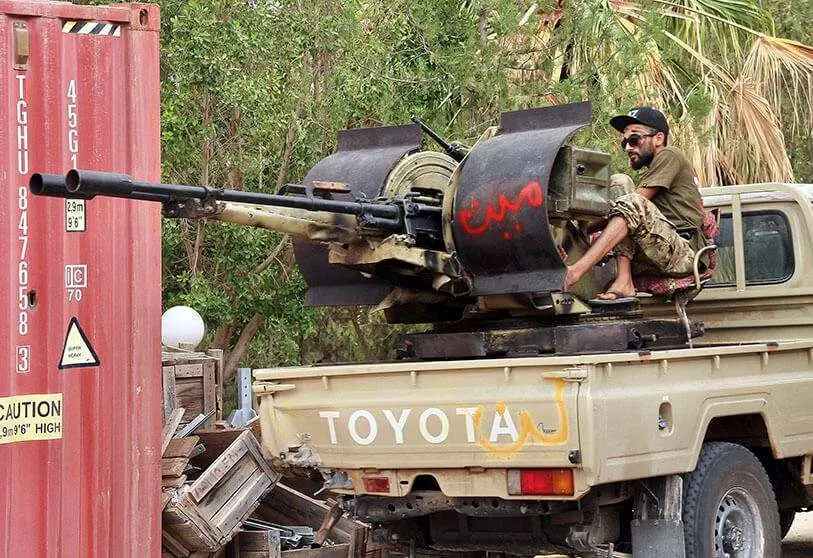
Tarhuna, a ruined city 60 kilometers south of the capital Tripoli, has been the scene chosen for new militias and mercenaries to establish a military airstrip, according to the newspaper Al-Ain, citing a Libyan military source.
On 5 June, the militias of the Fayez Sarraj Government, backed by extremist factions of Syrian mercenaries, invaded Tarhuna.
That area had become a vital supply line for General Khalifa Haftar. But the Libyan army's siege in June caused General Haftar's militia to abandon the city to the south.
A spokesman for the Government of National Accord (GNA) confirmed that Al-Sarraj's forces "are laying siege to Tarhuna and most of Haftar's militia have left the city towards the south, especially the brigades coming from eastern Libya.
With the support of the Arab countries and France, Haftar's militia launched a failed attack in April 2019 to take control of the Libyan capital. Worse since the launch of Operation Peace Storm on March 25, Al-Sarraj's Libyan army has managed to liberate all the cities on the west coast, right up to the border with Tunisia.

The Libyan National Army (LNA), which leads Haftar, denies that there are foreign fighters among its ranks and its commanders have repeatedly rejected these accusations, calling them "propaganda" and "lies spread by the LNA and the terrorists.
But UN investigators believe that at least 1,200 Russians were hired by Russian private military companies, such as Wagner, to help Haftar win its war against the GNA. Without a doubt, Russia has played a central role in the Libyan conflict. Haftar's ranks are based on armed groups, insurgents, militia groups and foreign mercenaries such as Sudanese fighters, mercenaries from the Al-Assad regime in Syria, the Russian Wagner group, the Janjaweed militia in Darfur, extreme Salafists of Madjalism (from Saudi Arabia) and the Libyan Al Kaniyar militia.

For its part, Turkey, which supports Prime Minister Fayez al Sarraj, also plays an important role in the Libyan powder keg by sending mercenaries from Syrian camps. According to the UN, thousands of Syrians, including minors, have been sent to Libya via Turkey in recent months.
Last June, a UN group of experts called on the parties to the Libyan conflict to "stop recruiting, financing and deploying" mercenaries. They also called for all crimes involving these militiamen to be investigated.
The international interference in the Libyan conflict turned the civil war into a battle for the control of the region, where as in Syria, Ankara and Moscow are protagonists.

